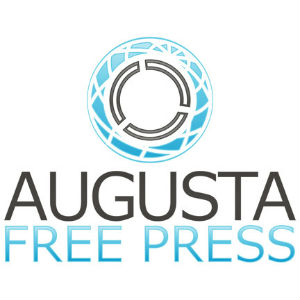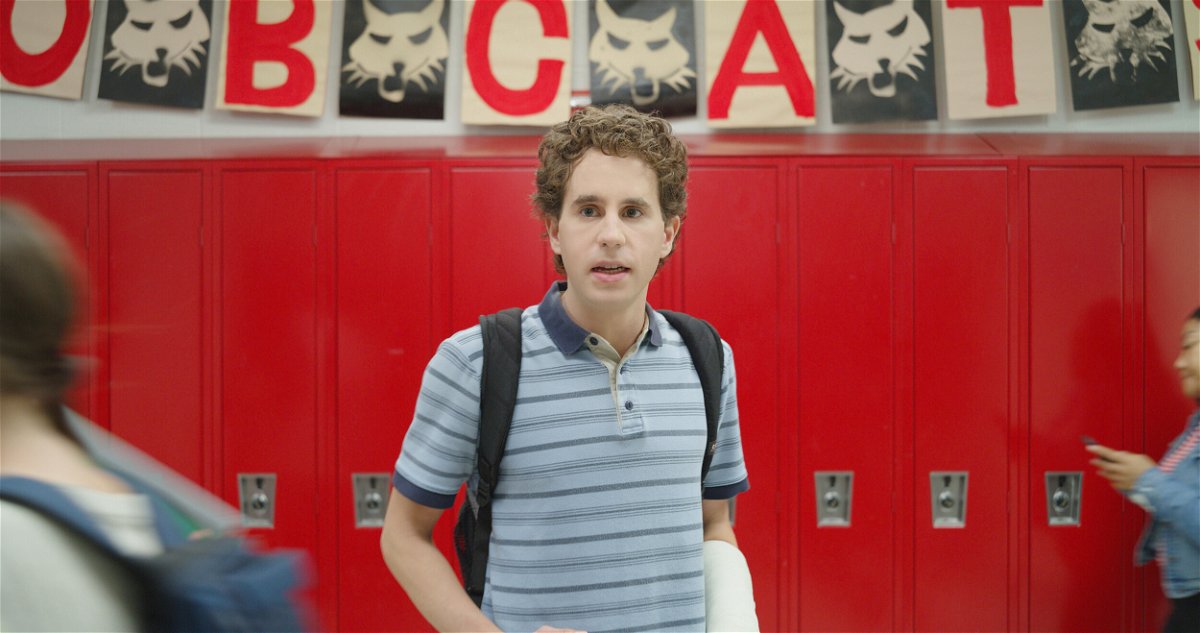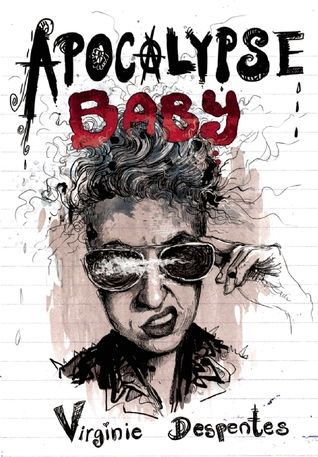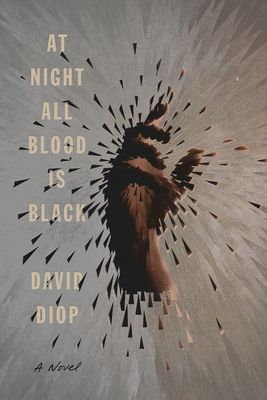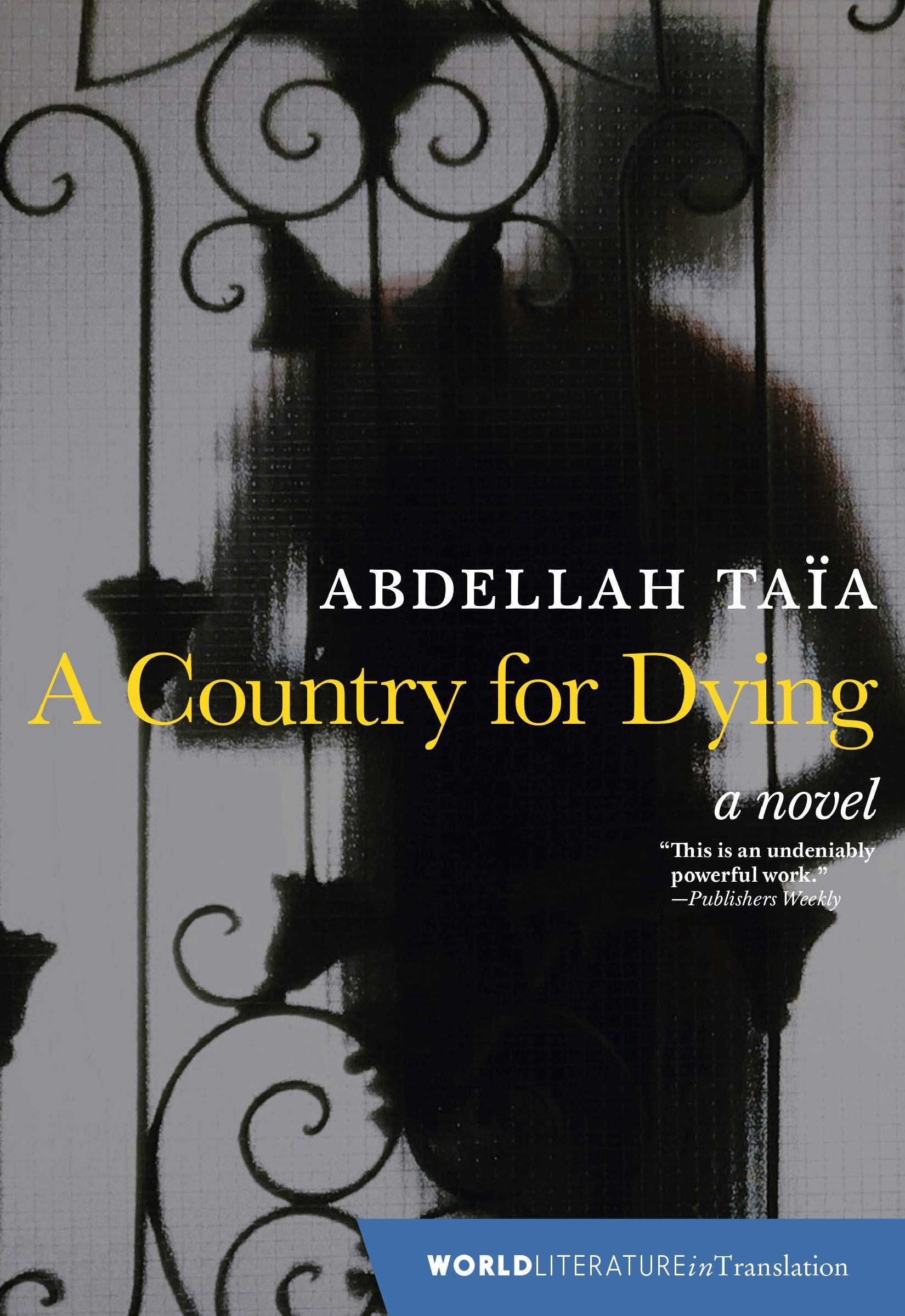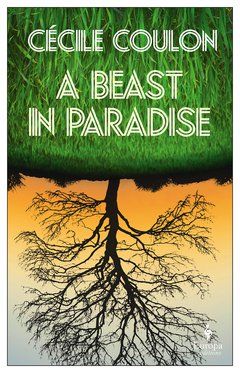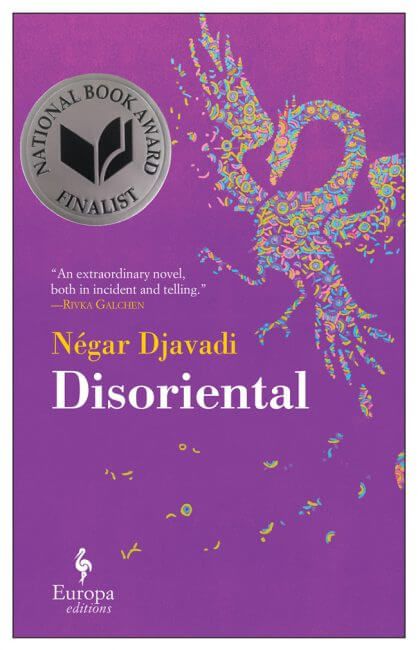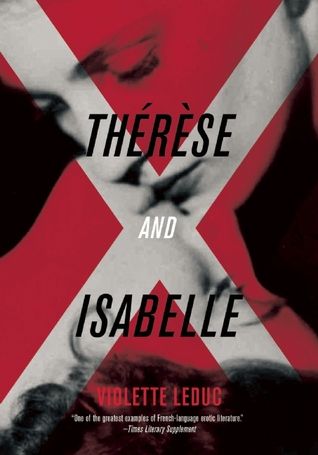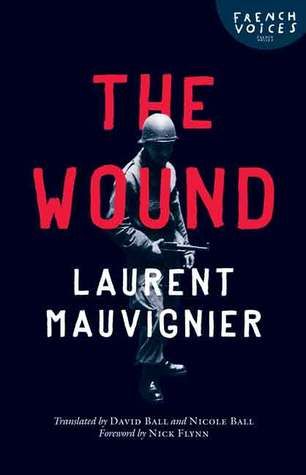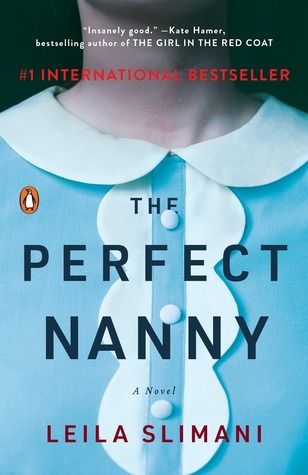
An international ad campaign can go very wrong when you don’t involve professional translation professionals. Without their help, even the world’s biggest companies (with the marketing budgets to match) can wind up making some pretty heinous mistakes.
These errors usually occur when the company in question relies on a machine translation for work that better suits a linguist.
When it comes to machine translation online, these services are suitable for basic projects with internal audiences. Its software can produce literal, word-for-word translation in a short period. But as any experienced language translation company can attest, machine translation’s literal approach isn’t the right strategy for an international marketing campaign.
What works in one region and language doesn’t always have the same impact in another part of the world. In some cases, literal translation creates a new slogan that can have a shockingly different meaning from the original.
Here are four companies that have learnt this lesson the hard way.
1. HSBC — Do nothing
In 2009, multinational investment bank HSBC adopted a new tagline, “Assume Nothing,” to address consumers’ reluctance to invest during a global recession. While this uncompromising motto sounds fantastic in English, it was mistranslated into an apathetic “Do Nothing” in many countries.
Now known as “the world’s private bank,” HSBC spent $10 million (£6.8 million) in rebranding to fix this translation error. This would have been easily avoided had they just involved professional translation services from the start.
2. KFC — Eat your fingers
“Finger lickin’ good” has been KFC’s slogan since 1956, but in the 1980s, it got the fast-food chain into trouble. While the original tagline makes sense to an American audience on account of how most people eat the fried chicken with their hands, its translation into Chinese took a surprising turn.
When KFC expanded into Beijing, it went with a literal translation of the original copy that meant “eat your fingers off” to native speakers.
The best professional translation companies hire native speakers to help with ad translations, so they would have caught this error before the first store opened.
3. Apple — This is penis
While the latest Apple flagship is the iPhone 12, it was the iPhone 7 that got the tech company into hot water. Their slogan “This is 7” didn’t introduce the smartphone to Hong Kong customers like they first assumed. Its translation into Cantonese announced “This is penis” instead.
As Quartz first reported, the number “seven” is slang for penis in Cantonese, and it’s often used to make fun of someone or something. This error would have been easy for a linguist to flag if Apple hired the right Cantonese translation services in the first place.
4. American Dairy Association — Are you lactating?
Last but not least, the American Dairy Association (ADA) made its own blunder when advertising American milk in Mexico.
In the US, the ADA is famous for its iconic tagline “Got Milk?” which ran on ads with celebrities touting the nutritional value of drinking milk. Some of the world’s biggest celebrities sported milk moustaches on these posters, including Britney Spears, David Beckham, and Taylor Swift.
When expanding this campaign into Mexico, no one at the ADA ran their slogan by English to Spanish translation services. Otherwise, they would have caught that their literal translation turned “Got Milk” into “Are You Lactating?”.
The takeaway
All of these errors were entirely preventable. If these companies hired professional translation services to help adjust their ad campaigns for international audiences, talented linguists would have caught these mistakes and provided a better alternative.
Story by Rob Teitelman
